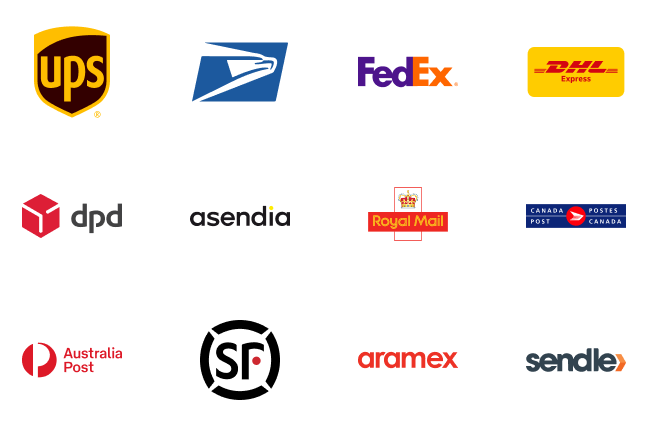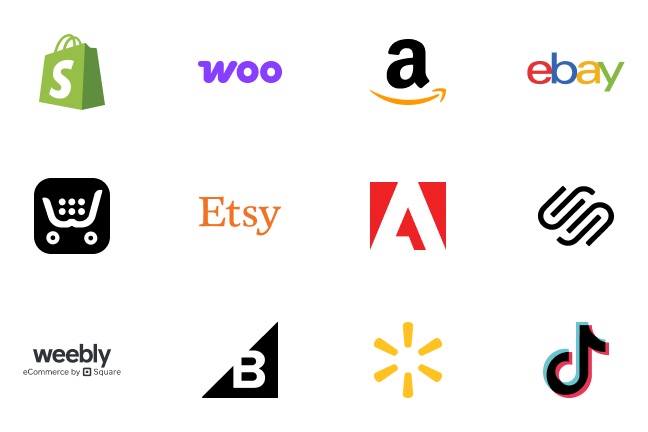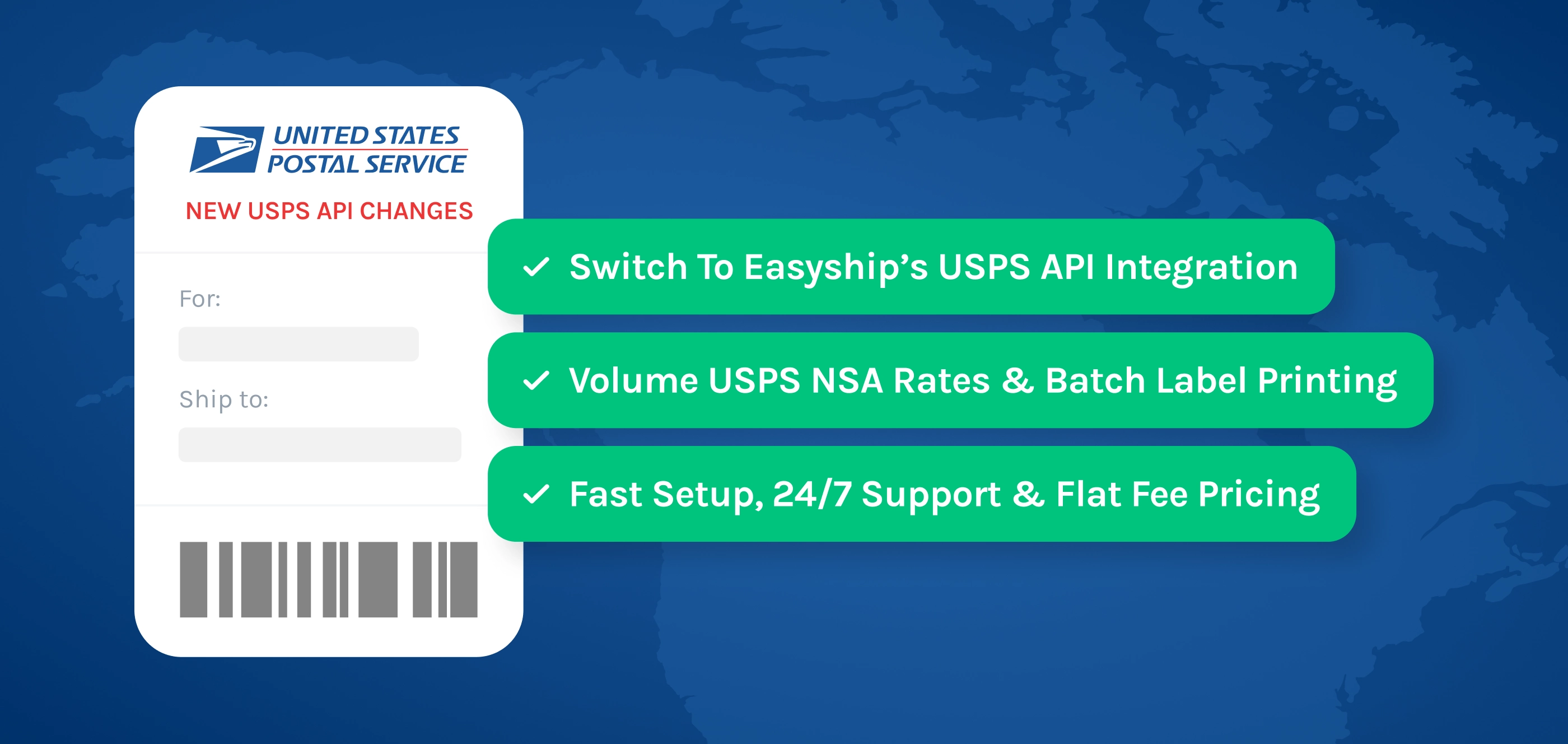Crowdfunding is becoming an increasingly popular method of fundraising, primarily because it offers far more flexibility than traditional financing methods. But, if a company wants to offer and sell securities through crowdfunding, then they need to comply with federal securities law. Under these laws, any offer or sale of equity must either be registered with the Securities and Exchange Commission (SEC) or meet an exemption. This is known as regulation crowdfunding or equity crowdfunding.
Before President Obama’s Jumpstart Our Business Startups Act (JOBS Act), which birthed equity crowdfunding, it was an uphill task for startups and small businesses to raise seed capital. Small and medium-sized businesses had to have good connections with venture capitalists or wealthy individuals, or be able to get bank loans with favorable interest rates.
For over 80 years, only accredited investors with a net worth of $1 million or those who had made $200,000 over the past two years could buy equity in SMEs or participate in real estate investment.
In 2016, the SEC introduced regulation crowdfunding to help ease the pain points of investment for startups and SMEs by allowing them to raise a maximum of $1.07 million in 12 months. If you’re interested in raising capital through equity crowdfunding, you should understand the rules governing the system before taking the plunge.
Of course, all crowdfunding campaigns will require fulfillment at some point, and when your business reaches this, Easyship can help. Easyship is the exclusive shipping partner for Indiegogo, a major crowdfunding platform, and our expertise can help you calculate shipping rates so you can create a solid fulfillment budget for your campaign.
What Is Regulation Crowdfunding?
Also known as Title III or equity crowdfunding, this is a regulatory structure that provides an exemption from normal securities rules to enable investors to fund startup companies and small businesses in return for equity through internet-based regulation crowdfunding platforms.
Unlike rewards-based and debt crowdfunding, equity crowdfunding is a new and highly regulated ball game where investors give money to a startup and receive a share of ownership in that business.
With regulation crowdfunding, startups can offer and sell up to $1.07 million of their securities without having to register with the SEC. Since it became legal in 2016, 1,396 companies have raised a combined $161.5 million through regulatory crowdfunding as of December 31, 2018.
Title III Equity Crowdfunding Rules: Legal Requirements
1. Permits a company to raise up to $1.07 million through equity crowdfunding offerings over a 12-month period.
2. All transactions under equity crowdfunding should take place online through an intermediary. The intermediary is either a regulation crowdfunding portal or a SEC-registered broker-dealer.
3. The amount individual investors may invest across securities offered under this system is subject to certain limitations over a 12-month period, based on their income and net worth.
4. Companies are required to disclose information about their business and securities offering.
5. A company must go through a "bad actor" check before launching an offering.
6. Securities purchased in an equity crowdfunding transaction cannot be transferred or resold for 12 months.
Investor Limitations
Investing in a startup comes with plenty of risks. To help mitigate these risks, the new crowdfunding regulations impose certain limitations on investors. Over a 12-month period, an investor is subject to a maximum amount under title iii equity crowdfunding rules. These limitations include:
- An investor whose net worth or annual income is less than $1.07 million may invest $2,200 or 5% of their net worth or annual income over the 12-month period in an equity crowdfunding campaign
- An investor whose net worth or annual income is $1.07 million or above may invest up to 10% of their annual income or net worth across all securities offered over a 12-month period
- The aggregate amount of securities sold to a single investor via these offerings may not exceed $1.07 million for any 12-month period
Company Obligations Under New Crowdfunding Legislation
Any company wishing to rely on regulation crowdfunding to raise capital is obligated to file certain information with the SEC and disclose this information to the investors and intermediaries facilitating the offering. This information includes:
- Price per share
- Audited financial statements
- Public annual reports
- Majority shareholders information
- The target offering amount and the deadline to reach the target
- Business description and the use of the offering proceeds
In addition, you should be aware of your communications around these equity crowdfunding offerings. With regulation crowdfunding, all platforms place certain limits on what can or can’t be communicated.
For example, GoFundMe rules and regulations - and those of other platforms - don’t allow regulation crowdfunding campaigns to speak publicly about selling stock. They can’t present the offering in any meeting or seminar where members or attendees have been invited by any general advertising or solicitation.
How Does This Benefit SMEs?
The JOBS Act democratized the investment process by broadening fundraising options for startups and SMEs through two critical exemptions: regulation crowdfunding and rule 506(c) of Regulation D crowdfunding. It also eased the time burden which previously required up to 972.32 hours to register securities with the SEC, and the required quarterly and annual financial reporting which is beyond the reach of many SMEs. Here are some ways equity crowdfunding benefits SMEs:
- SMEs can take advantage of the internet to access a huge pool of investors
- Equity crowdfunding allows any investor above 18 years can buy equity in a private company
- Historically underfunded female founders and businesses outside of major cities can easily raise capital from the masses through equity crowdfunding
- All the investors in these types of campaign become the ambassadors of the business and they want it to succeed. More likely, they will recommend the company’s services or products to others
- Shares are tradable after one year. With such liquidity and less risk, investors willingly accept smaller returns which is a better investment deal for SMEs
Related: A No-Holds-Barred Take on the Pros and Cons of Crowdfunding
How Is Crowdfunding Regulated?
President Obama signed the JOBS Act in 2012, and the SEC was tasked with adopting and implementing rules and regulations that ensure investor protection while facilitating SMEs to raise seed capital through equity crowdfunding.
On May 16, 2016, regulation crowdfunding was legalized. International investors can buy equity in American companies under the securities regulations in their home country, but only companies from the US can use the system to raise capital.
In March, the SEC voted to introduce some amendments - or new crowdfunding legislation - that would make this type of crowdfunding easier. These new crowdfunding regulations include:
- The ability for issuers to move from one exemption to another, providing more certainty for raising capital through equity crowdfunding
- Increasing the offering limits for Regulation A, Regulation Crowdfunding, and Rule 504 offerings and revising individual investment limits
- Providing greater security to issuers and more protection for investors by setting our clearer, more consistent rules governing communications
- Harmonizing disclosure and eligibility requirements
Differences between Regulation A, Regulation Crowdfunding, and Regulation D
Under Regulation A crowdfunding, offerings are open for general solicitation and have no restriction for resale of the securities offered. They’re also open to both US and Canadian issuers. Over 12 months, a company can raise up to $20 million under Tier 1 and up to $50 million under Tier 2 from both accredited and non-accredited investors. It’s ideal for established and more mature companies due to the high costs involved.
Equity crowdfunding allows only US companies to raise up to $1.07 million in 12 months from each non-accredited or accredited investor. General solicitation is limited, and offerings must take place in an online platform operated by a registered funding portal or an intermediary registered as a broker-dealer. This is ideal for companies with Minimum Viable Product (MVP) seeking to raise seed capital.
Regulation D crowdfunding is only available to accredited investors and a very limited number of non-accredited investors who satisfy at least one requirement concerning their assets, professional experience, income, governance status, or net worth. This is ideal for early-stage startups who have started generating significant revenue and user growth.
Investing Process Under This System
The investment process under regulation crowdfunding comes with risks, regulations, and costs. In addition, must take place through a crowdfunding intermediary and comes with the burden of continuous reporting after the money has been invested.
Like anything else, there are plenty of advantages and disadvantages. It’s important that you understand these before you jump into the fray.
Pros
The advantage of equity crowdfunding is that it has democratized the investment process. Anyone above 18 years of age can participate in the early capital raising activities of SMEs and startups. That means SMEs and startups can raise funding from a wider pool of investors rather than relying on venture capitalists and bank loans.
Cons
The downside is that, like all investment, there is a risk associated with regulation crowdfunding. This mainly stems from the fact that most startups fail. Also, naïve investors with less-risk resilience can jump into high-stake investment opportunities without realizing what they’re getting into.
How Much Does It Cost?
There is no one-size-fits-all when it comes to the cost of this type of crowdfunding, but the legal documentation and financial review process may cost anywhere between $4,000 to $10,000. There is also the platform fee for the regulation crowdfunding portal to consider, which can be 9-14% of the total capital raised in the offering, which can be split between cash and equity.
Regulation Crowdfunding Platforms
An intermediary must register as a funding portal or a broker with the SEC, and become a member of a FINRA –a national securities association. They are responsible for regulating crowdfunding platforms.
Most equity crowdfunding offerings go through funding portals that give equal opportunity to all offerings and ensure that offerings are conducted properly within securities laws. There were 47 funding portals as of January 15, 2019. Some of the most popular regulation crowdfunding platforms include:
- Buy the Block
- CrowdsourceFunded.Com
- Equitydoor
- Fundit
- Indie Crowd Funder
- MainVest
- Raise Green
- Slice Capital
- Stampede Securities
- Trucrowd
What Happens After The Investment?
With equity crowdfunding, resale restrictions apply on investments for the first 12 months, and securities offered under regulation crowdfunding cannot be transferred or resold within this period. On the other hand, the company relying on the exemption must file information annually with the SEC and post it on their website.
This helps to foster a dynamic and healthy relationship between the company and investors by giving the shareholders regular company updates to keep them informed and educated about the progress of their investment with the company.
The Importance Of Regulation Crowdfunding
Through equity crowdfunding, SMEs and startups can access a wider pool of investors. It’s a way of raising capital while attracting new users and ambassadors for the company's products and services. The system is overseen by the SEC, and companies can raise up to $1.07 million in 12 months.
Here at Easyship, we can partner with your SME or startup and help you access over 250 courier solutions. Once you’ve finished your campaign, our full suite of tools will make it easy to fulfill your campaign and keep your investors happy. Sign up for an account today to see how we can help you grow your business with fulfillment.















































.svg)
.svg)






.avif)
.avif)

.avif)
.avif)


.avif)


.avif)










.avif)
.avif)



.avif)
.avif)


.avif)
.avif)


.avif)



.webp)






.svg)




.webp)
